Top Class Actions’s website and social media posts use affiliate links. If you make a purchase using such links, we may receive a commission, but it will not result in any additional charges to you. Please review our Affiliate Link Disclosure for more information.

This decision affirms a Ninth Circuit’s ruling, and rejects Apple’s bid to have the antitrust class action lawsuit dismissed.
In the Apple iPhone app class action lawsuit, customers argued that Apple violated antitrust law by monopolizing the market for iPhone apps.
The tech giant attempted to sidestep these claims by saying the customers could not bring antitrust claims forward because they should be considered indirect and not direct purchasers of the iPhones.
However, Justice Brett M. Kavanaugh said in the majority opinion that iPhone owners should indeed be considered direct purchasers and should therefore be able to pursue antitrust claims against Apple.
According to Justice Kavanaugh, “there is no intermediary in the distribution chain between Apple and the consumer. The iPhone owners purchase apps directly from the retailer Apple, who is the alleged antitrust violator. The iPhone owners pay the alleged overcharge directly to Apple. The absence of an intermediary is dispositive.”
The iPhone app antitrust class action lawsuit was filed in 2011. Customers claimed that Apple monopolizes the app market for its iPhones by forcing app developers to sell only to its platform, and it collects 30 percent commission on the sale of the apps.
In 2013, Apple requested the case be dismissed, a request which was granted by an Illinois court. The Illinois court made their decision based on a 1977 court decision in Illinois Brick v. Illinois, which found that indirect purchasers are not allowed to pursue federal antitrust claims.
However, in 2017, the Ninth Circuit revived the iPhone app monopoly class action lawsuit. According to the Ninth Circuit, the decision in the Illinois Brick case does not apply because Apple distributes the apps and customers purchase apps directly from Apple and are not “at the bottom of a vertical distribution chain,” as was the case in the Illinois Brick case.
The customers who filed the Apple iPhone class action lawsuit also argued that the decision made in the Illinois Brick case did not apply because there is no middleman between them and Apple.
Some observers of the proceedings reportedly called for an overturning of Brick, but in Justice Kavanaugh’s opinion, there was no such need.
Justice Kavanaugh stated, “in light of our ruling in favor of the plaintiffs of this case, we have no occasion to consider the argument for overruling Illinois Brick.”
In a dissenting opinion, Justice Neil M. Gorsuch said that Illinois Brick should be considered in this case, and cases like it. Justice Gorsuch argued that to not consider Brick “replaces a rule of proximate cause and economic reality with an easily manipulated and formalistic rule of contractural privity. That’s not how antitrust law is supposed to work.”
The customers are represented by David C. Frederick of Kellogg Hansen Todd Figel & Frederick PLLC, and Mark C. Rifkin, Michael Jaffe, Michael Liskow and Rachel R. Rickert of Wolf Haldenstein Adler Freeman & Herz LLP.
The Apple iPhone App Monopoly Class Action Lawsuit is Apple Inc. v. Robert Pepper, et al., Case No. 17-204, in the Supreme Court of the United States.
ATTORNEY ADVERTISING
Top Class Actions is a Proud Member of the American Bar Association
LEGAL INFORMATION IS NOT LEGAL ADVICE
Top Class Actions Legal Statement
©2008 – 2024 Top Class Actions® LLC
Various Trademarks held by their respective owners
This website is not intended for viewing or usage by European Union citizens.



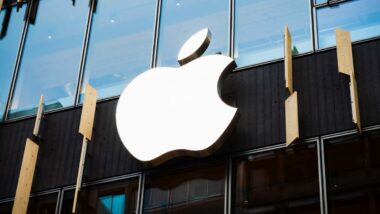
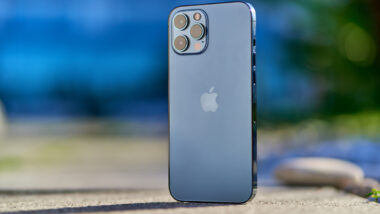





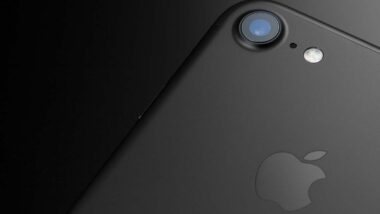
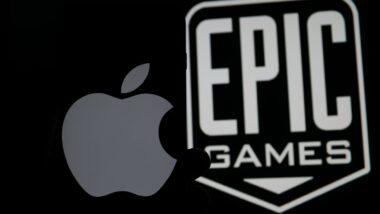
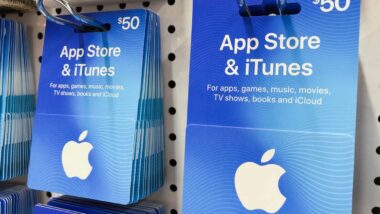


43 thoughts onSupreme Court Says Apple Must Face App Store Class Action
Please add me apple has stolen alot of money from me and I dont have a iphone .
please at me i been taking product since 2017.I believe that he would help me recommended by my former doctor
Pls add me to Apple lawsuit…